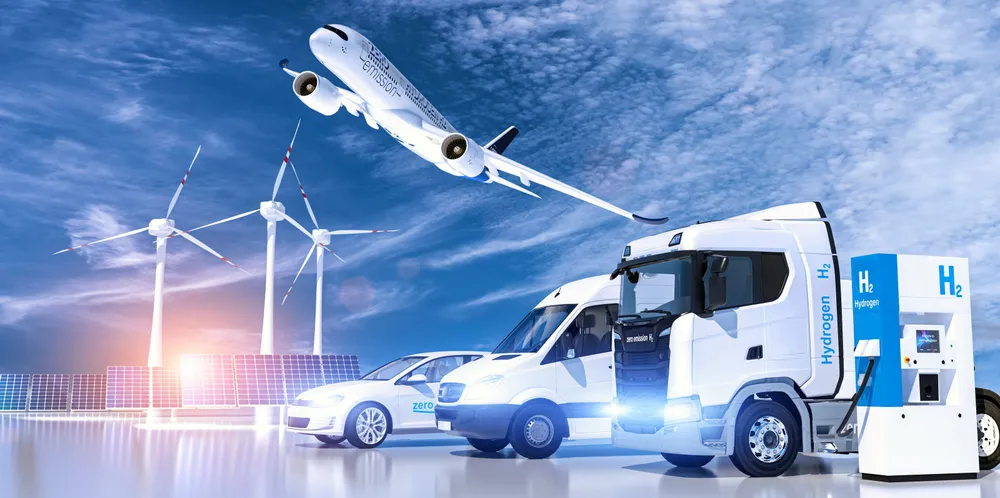Hydrogen will play 'important role' in industry and transport, but minor one in heating, says study of studies
Meta-analysis on behalf of German government shows that H2 will account for 4-11% of final global energy consumption in 2050

Meta-analysis on behalf of German government shows that H2 will account for 4-11% of final global energy consumption in 2050
